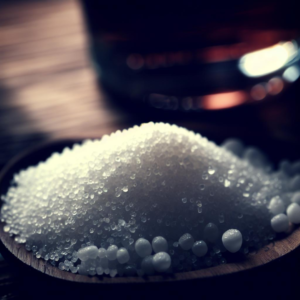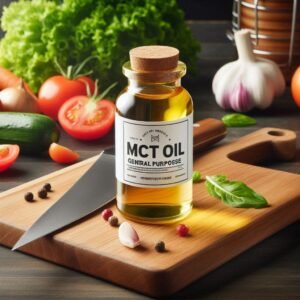Quite possibly of the most broadly used artificial sugar on the planet, Aspartame, is expected to be labelled by the research division of the World Health Organization (WHO), as a likely cancer-causing agent. This order could significantly affect the food and refreshment industry.
What is Aspartame?
Aspartame is a artificial sugar that is multiple times sweeter than sugar. It is additionally known by the brand names Equivalent and NutraSweet. It is comprised of two amino acids, phenylalanine and aspartic corrosive, which can be found normally in various dinners that are high in protein.
Generally utilized artificial sugar Aspartame has created a great deal of contention and conversation.
Aspartame, used in products like Coca-Cola diet soft drinks to Mars’ Additional biting gum and some Snapple drinks, will be recorded in July as “potentially cancer-causing to people” interestingly by the International Agency for Research on Cancer (IARC), the World Health Organization’s (WHO) cancer research arm.
It’s also used in certain toothpaste and cough drops. The WHO label indicates there is limited evidence, linking aspartame to cancer. It is the most minimal of the three orders, with “plausible cancer-causing agent” (like the herbicide glyphosate) and “cancer-causing to people” (like asbestos and cigarette use) as the following rungs.
Is Aspartame Carcinogenic?
The IARC judgment is intended to decide if anything is a potential peril in light of all the distributed proof. It was finished recently following a gathering of the gathering’s outer trained professionals.
The IARC’s result can make a massive impact. In 2015, its board reached the “most likely cancer-causing” and concerning glyphosate. Indeed, even after the European Sanitation Authority (EFSA) and different associations questioned this, the result’s effects were all the while being felt by organizations.
The IARC’s result have additionally experienced harsh criticism for raising superfluous worry about things or conditions that are challenging to stay away from. Cancer-causing, likely cancer-causing, perhaps cancer-causing, and not classifiable are the four characterization levels for it. Instead of how perilous a synthetic is, the still up in the air by the strength of the proof.
Various examinations on aspartame have been led over the years. An observational review led in France last year including 100,000 members uncovered a little expansion in cancer risk among the people who ingested more artificial sugars, including aspartame.
It came after a review from the Ramazzini Organization in Italy in the mid-2000s guaranteed that aspartame might have caused a few growths in mice and rodents.
In any case, the main review couldn’t show that aspartame was liable for the raised cancer chance, and concerns have been voiced about the second review’s strategy, quite by EFSA, who assessed it.
Controllers have endorsed the utilization of aspartame all over the planet after completely inspecting current realities, and huge food and drink makers have safeguarded the utilization of the synthetic for quite a long time. 1300 examinations were assessed, as per the IARC, in its assessment from June.
As per people near the IARC, the IARC’s result to list aspartame as a potential cancer-causing agent is intended to spike further examination that will empower offices, purchasers, and makers to settle on additional educated choices. But on the other hand, reigniting conversation about the IARC’s capability and the overall security of sweeteners is possible
UPDATE: July 14, 2023:
“Our results do not indicate that occasional consumption should pose a risk to most consumers,” said Dr. Francesco Branca, director of the Department of Nutrition and Food Safety at the WHO, during a press conference in Geneva. He said the problem is for “high consumers” of diet soda or other foods that contain aspartame. “We have, in a sense, raised a flag here,” Branca said, and he called for more research. Source
Read more articles for healthy lifestyle here





One Comment